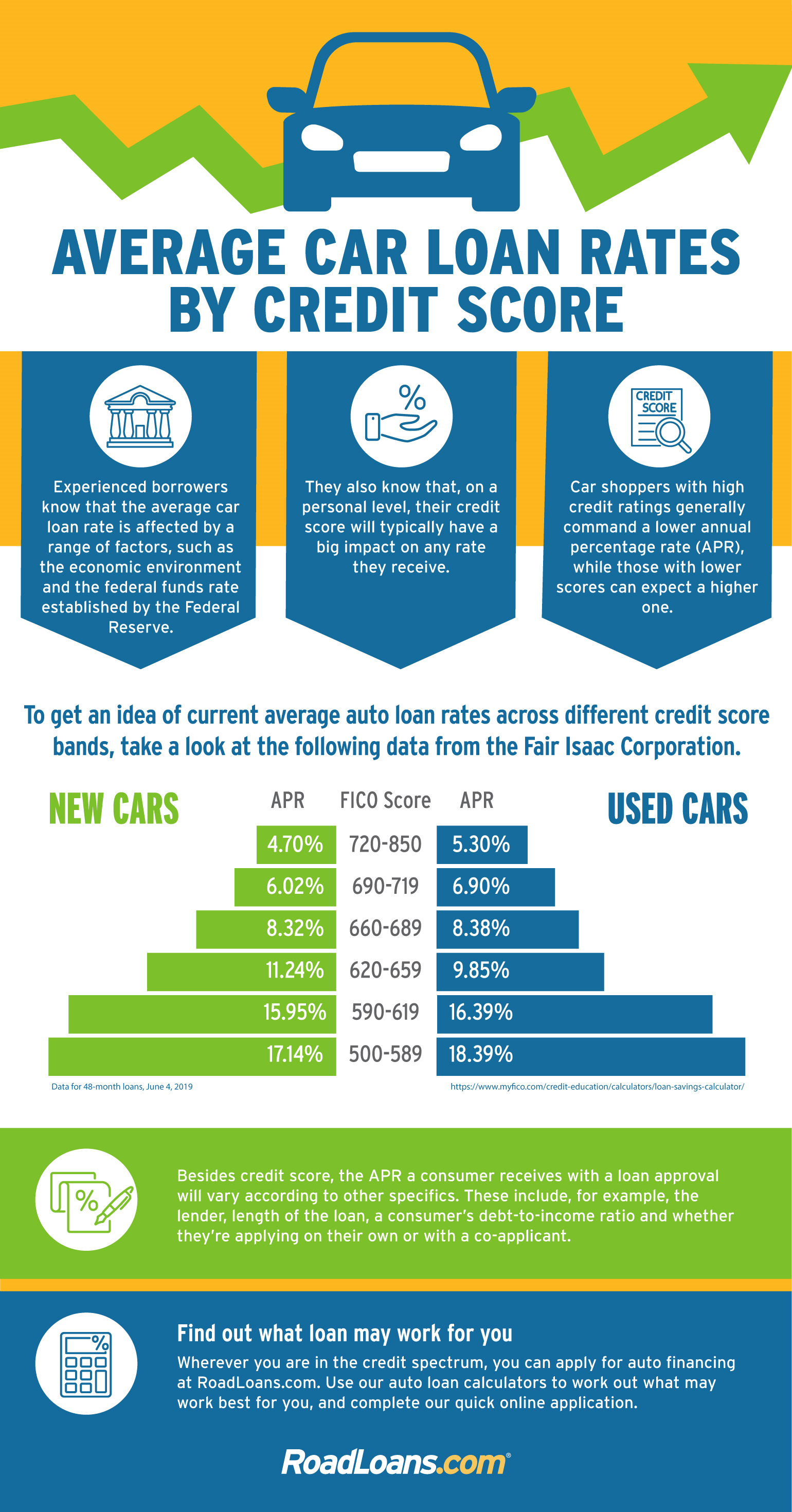Car Loan Rates: Everything You Need to Know
When it comes to financing a car, one of the most important factors to consider is the car loan rates. Car loan rates refer to the interest rate that you will be charged on the money you borrow to purchase a vehicle. The lower the interest rate, the less you will pay in the long run. In this article, we will delve into what car loan rates are, how they are calculated, what is known about them, potential solutions to lower rates, and other important information you need to know before taking out a car loan.
What do you mean by Car Loan Rates?
Car loan rates are the interest rates that lenders charge borrowers for financing a vehicle purchase. These rates can vary depending on several factors, including the borrower’s credit score, the loan term, the type of vehicle being financed, and current market conditions. The interest rate you are offered will directly impact the overall cost of your car loan, so it is important to shop around and compare rates from different lenders before making a decision.
How are Car Loan Rates Calculated?
Car loan rates are typically calculated based on the borrower’s creditworthiness. Lenders will assess your credit score, income, debt-to-income ratio, and other financial factors to determine the interest rate you qualify for. Generally, borrowers with higher credit scores will be offered lower interest rates, while those with lower scores may be charged higher rates to offset the perceived risk of default.
In addition to creditworthiness, other factors that can influence car loan rates include the loan term, the amount borrowed, the type of vehicle being financed, and current market conditions. Longer loan terms and larger loan amounts may result in higher interest rates, while newer vehicles and favorable economic conditions could lead to lower rates.
What is Known about Car Loan Rates?
Car loan rates are influenced by a variety of factors, including the borrower’s credit score, loan term, loan amount, type of vehicle, and market conditions. The average interest rate for a car loan in the United States is around 4-5% for a new car and 5-7% for a used car, but rates can vary widely depending on individual circumstances. It is important to research and compare rates from different lenders to find the best deal for your specific situation.
Potential Solutions to Lower Car Loan Rates

Image Source: roadloans.com
If you are looking to lower your car loan rates, there are several potential solutions you can explore. One option is to improve your credit score before applying for a loan, as borrowers with higher scores are typically offered lower interest rates. You can also shop around and compare rates from different lenders to find the most competitive offer. Additionally, consider making a larger down payment to reduce the amount borrowed and potentially qualify for a lower rate.
Another option is to consider refinancing your existing car loan if you are unhappy with the current rate. Refinancing involves taking out a new loan with better terms to pay off the original loan, which can result in lower monthly payments and overall savings. However, it is important to carefully evaluate the costs and benefits of refinancing before making a decision.
Important Information about Car Loan Rates
Before taking out a car loan, it is important to be aware of some key information about car loan rates. Firstly, understand that the advertised rates may not be the rates you qualify for, as lenders will take into account your creditworthiness and other factors when determining the final rate. Additionally, be aware of any fees or charges associated with the loan, such as origination fees, prepayment penalties, or late payment fees.
It is also important to carefully review the terms of the loan, including the interest rate, loan term, monthly payments, and total cost of the loan. Make sure you understand your financial obligations and have a clear repayment plan in place to avoid any issues in the future. Finally, be aware of your rights as a borrower and seek out reputable lenders with transparent lending practices to ensure a positive borrowing experience.
Conclusion
Car loan rates play a crucial role in the overall cost of financing a vehicle, so it is important to understand how they are calculated, what factors influence them, potential solutions to lower rates, and important information to consider before taking out a loan. By researching and comparing rates from different lenders, improving your credit score, and exploring refinancing options, you can make informed decisions to secure the best possible terms for your car loan.
Frequently Asked Questions (FAQs)
1. What is the average car loan rate in the United States?
The average car loan rate in the United States is around 4-5% for a new car and 5-7% for a used car, but rates can vary depending on individual circumstances.
2. How can I lower my car loan rates?
You can lower your car loan rates by improving your credit score, shopping around for competitive offers, making a larger down payment, and considering refinancing options.
3. Are there any fees associated with car loans?
Yes, there may be fees associated with car loans, such as origination fees, prepayment penalties, and late payment fees. Make sure to read the terms of the loan carefully to understand any additional costs.
4. Can I negotiate car loan rates with lenders?
Yes, you can negotiate car loan rates with lenders by comparing offers from different lenders and leveraging your creditworthiness to secure a better rate. Be prepared to negotiate for the best deal.
5. Is refinancing a car loan a good option?
Refinancing a car loan can be a good option if you are unhappy with your current rate and can secure better terms with a new lender. However, be sure to weigh the costs and benefits before proceeding with a refinance.
Car loan rates